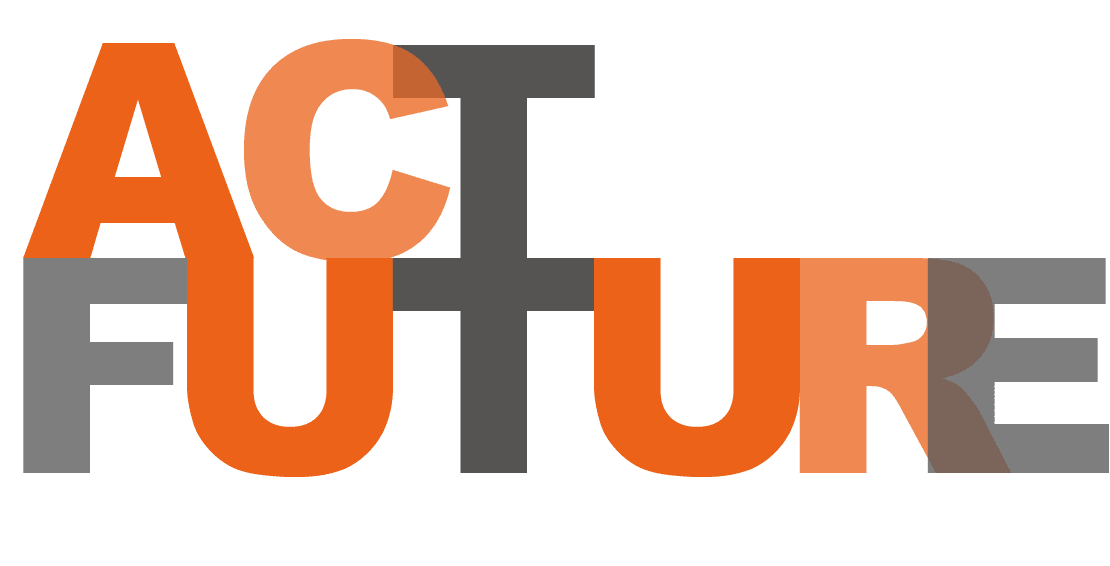ICC (International Chamber of Commerce) is the world’s largest business organization, with a network of over 6.5 million members in more than 130 countries.
ESOMAR is the global voice of thé data, research and knowledge community, speaking on behalf of more than 4,900 professionals and 500 companies who provide or commission data analytics and research in over 130 countries, all of whom agree to abide by the ICC/ESOMAR International Code.
Throughout their history, market, social and opinion research have provided information and knowledge about people’s behaviors, needs and attitudes to inform decision-making by suppliers of goods and services, governments, individuals and societý in general. In doing so, the researchers relied primarily on data collected through direct interaction and observation of participating individuals, while placing strong emphasis on protecting their privacy. This orientation has been central to the success of self-regulation in our profession.
The world is changing, and it’s imperative that we change with it.
Over the past 20 years, we have witnessed́ a digital revolution – a dramatic increase in the ability to collect, store and process information, the global Internet, social networks and mobile technology – that is radically changing the way people live and work.
As a result, research is being transformed by relying increasingly on data alreadỳ available in digital form. The role of the researcher is evolving from investigator to data administrator, focusing more on the organization and integration of data, much of which already exists̀. The research and knowledge discovery function is understood beyond̀ data collection and processing to the management and synthesis of data from a variety of sources, from focus groups and sample surveys to social media and large databases.
The revision of the ICC/ESOMAR Code takes into account the impact of these new technologies on the research profession. The inclusion of data analytics in the title recognizes that the proliferation of data has led to a whole new approach to research within our profession, where researchers gather and analyze large databases to uncover hidden structures and deliver powerful new insights to customers. Data analytics can be used for other purposes, but when used for research, this Code applies.
One thing that hasn’t changed is our reliance on the public’s cooperation and trust that research is conducted with honestý and objectivitý without invading their privacy or creating inconvenience for those whose data is used in the research.
With growing concerns about individuals’ ability to control how their personal data is used and for what purposes, comes a pressing need for clear ethical and professional guidelines on how to handle this data responsibly. It is more important than ever to maintain the public’s trust in research and to continue to demonstrate our recognition of the ethical, professional and social responsibilities arising from the use of individuals’ personal data.
